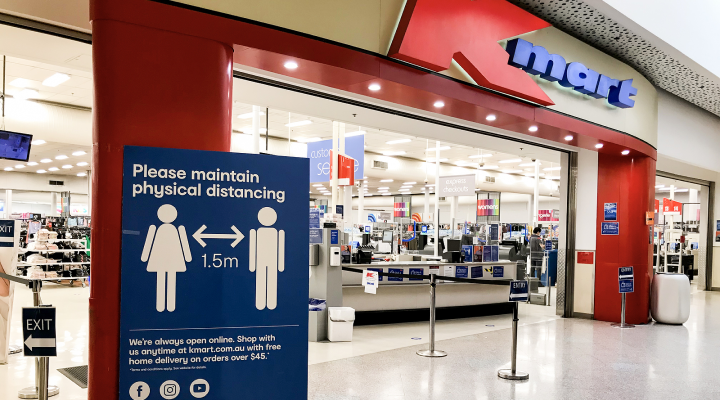As New South Wales retailers open their doors today for the first time in months, Monday 11th has been dubbed “Freedom Day” for many frustrated shoppers and retailers alike.
Images of customers lining up at midnight openings for Kmart stores and queueing for their first haircut in some time are already circulating social media.
“Retailers in New South Wales have waited a long time for the reopening and are looking forward to welcoming customers back through their doors after a hellish three months,” Paul Zahra, chief executive of the Australian Retailers Association, told Inside Retail.
“The timing couldn’t be more important as we head into the all-important Christmas trading period – a time when most discretionary retailers make up to two thirds of their profits for the year.
“There’s a lot of pent-up demand in NSW – people have been subject to stay at home orders for over 100 days and are no doubt looking forward to getting their freedoms back and returning to the shops they love.”
This demand was also echoed by Flight Centre’s Tom Walley, general manager of the company’s Corporate Traveler branch.
“Sydney is a main artery of the Australian economy and SME businesses will no doubt be a backbone of the inevitable recovery that’ll take place over coming months,” Walley said.
“From the conversations I’ve had with prospects and current customers, the pent-up demand to get back out there face-to-face and to pitch for new business is insatiable,”
With the reopening comes some anxiety, however, according to Zahra and Dominique Lamb, head of the National Retailers Association.
According to Lamb, the National Retail Association’s hotline has never experienced call volumes as high as the past week, with the prevailing questions being about how to mandate vaccinations for staff, and how they can refuse entry to customers without a barrage of abuse.
“The industry has significant concerns about customer abuse from unvaccinated customers,” Lamb said.
Zahra also said the ARA was concerned about elevated levels of customer aggression, but added that he expects such issues to be “the exception, not the rule”.







